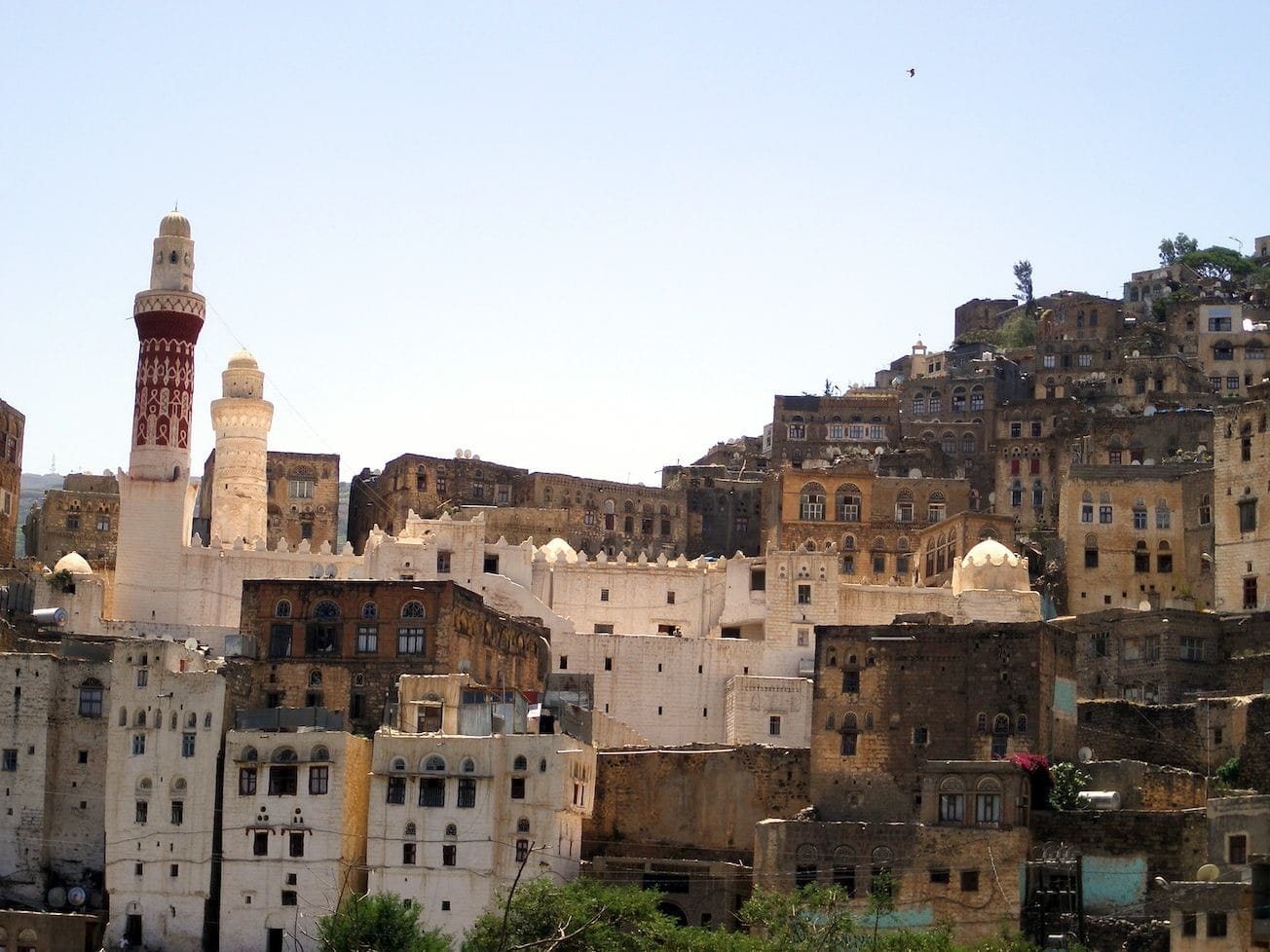Donors raised US$1.2 billion in pledges at a conference in Geneva to support and protect the most vulnerable people in war-torn Yemen.
The fundraising total Monday came to little more than a quarter of the $4.3 billion goal for helping 17.3 million people, but U.N. estimates show 21.6 million people, or two-thirds of Yemen's population, will need emergency aid this year.









